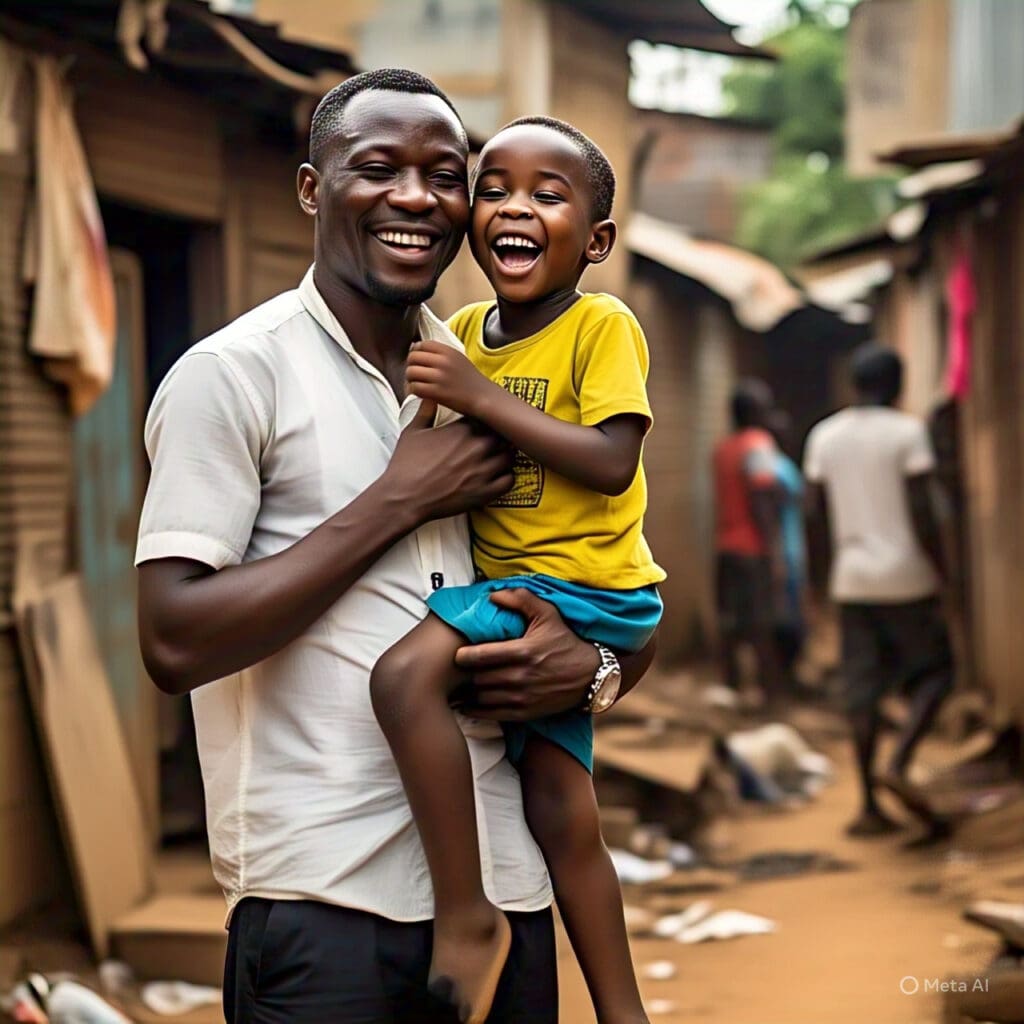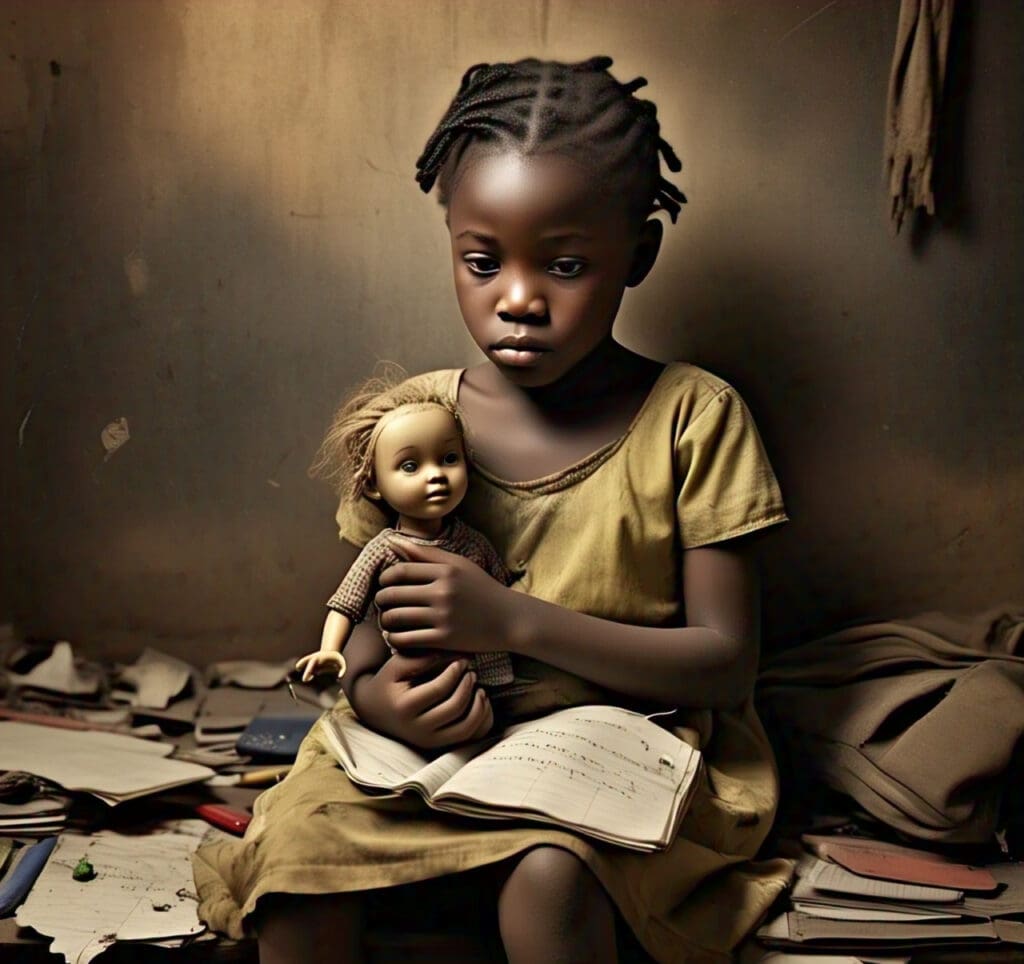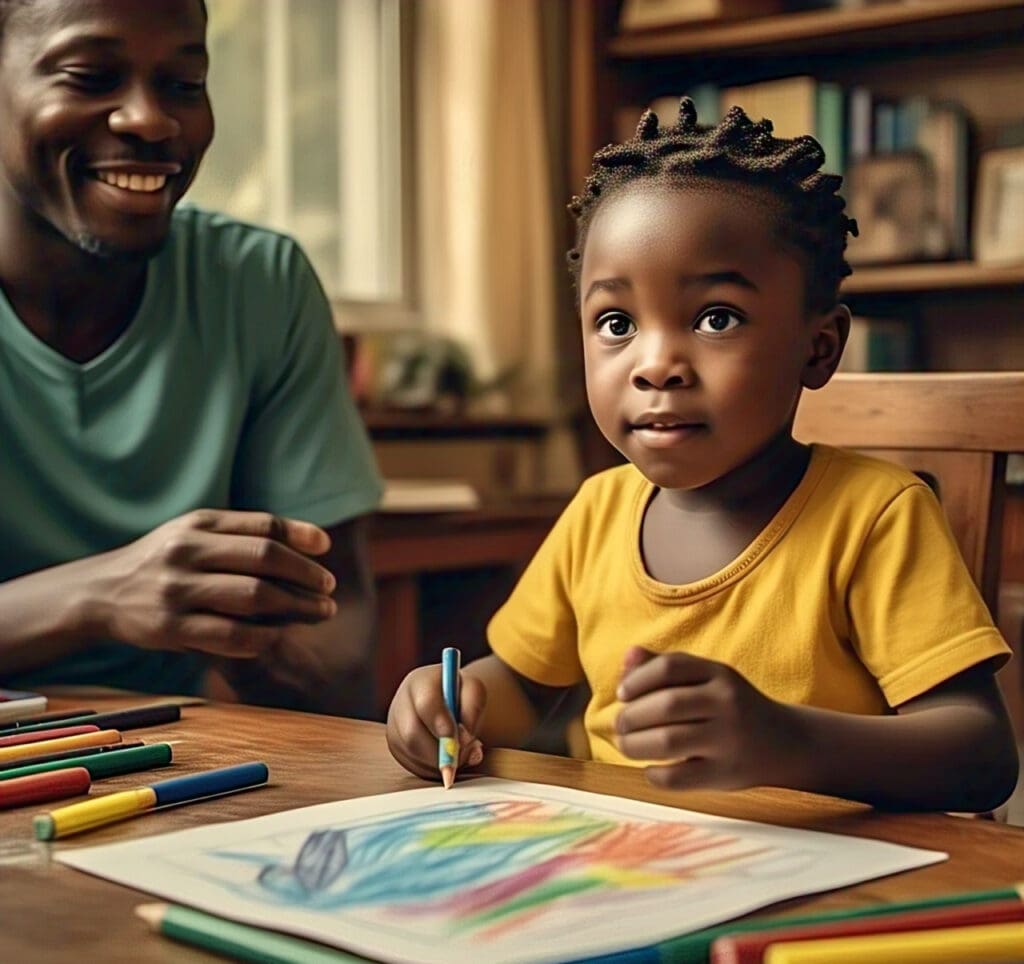
Raising a child is never easy—but doing so in a conflict-affected area brings unique emotional and psychological challenges. In many parts of Nigeria, families are dealing with the effects of conflict, displacement, or community violence, and raising emotionally healthy children is usually a concern in situation as this.
As a parent or caregiver, you may be doing your best just to provide food and shelter. But there’s another critical need we must not forget—our children’s emotional health.
This article explores how Nigerian families can raise emotionally healthy children even in conflict-affected areas. It’s a practical, easy-to-understand guide for everyday parents living through difficult situations.
What Is Emotional Health in Children?
Emotional health is how a child manages their feelings, copes with stress, and connects with others. For children living in high-risk or crisis areas, emotional stability helps them recover from trauma, feel safe, and grow with confidence—even when the world around them is uncertain.

Common Emotional Effects of Conflict on Children
Many children in conflict-affected areas show signs of emotional distress. These include:
- Nightmares or trouble sleeping
- Becoming unusually quiet or aggressive
- Fear of loud sounds or sudden movements
- Bedwetting or clinging to parents
- Losing interest in play or learning
- Difficulty concentrating or expressing emotions
Recognizing these signs early allows you to take steps to support their mental wellbeing.
Ways to Raising Emotionally Healthy Children in Conflict-Affected Areas
Here are 7 practical tips for Nigerian families raising children in insecure or displaced conditions:
1. Build a Safe and Predictable Environment
Even in an IDP camp or temporary home, children need stability.
- Keep daily routines for meals, sleep, and play
- Use familiar songs, prayers, or customs to comfort them
- Always reassure them that they are protected
2. Let Them Talk About Their Feelings
Children may not understand what they feel—but they know something is wrong.
- Ask simple questions like, “How do you feel today?”
- Listen without judgement or pressure
- Let them draw, act, or sing their emotions if talking is hard
3. Show Them Unconditional Love
Your care and affection can help them feel emotionally safe.
- Hug them often
- Use calm words and praise
- Stay close, even when they misbehave
4. Reduce Exposure to Violence
Children who constantly see or hear about violence may become anxious or aggressive.
- Limit what they watch or hear in the news
- Avoid angry conversations or panic in front of them
- Surround them with peaceful, hopeful messages
5. Encourage Learning and Play
Even in tough times, play helps children heal and grow.
- Use simple games, music, and stories to spark joy
- Join community or church-run learning centres if schools are closed
- Make learning fun, not stressful
6. Connect with Other Families
You are not alone. Talk with other parents facing the same challenges.
- Share ideas and emotional support
- Create safe playgroups for your children
- Work together to build a stronger support system
7. Don’t Be Afraid to Seek Help
If your child continues to struggle emotionally, they may need professional support.
- Reach out to community health centres or NGOs
- Look for child-friendly mental health services in your area
- Early help leads to better healing

Why This Matters
Emotionally healthy children grow up to become stable, responsible, and compassionate adults. In Nigeria, where many children are exposed to violence, poverty, or instability, protecting mental wellbeing is just as important as physical safety.
By showing love, offering stability, and seeking help when needed, you can give your child a strong emotional foundation that will carry them through life.
Final Word
Even in the middle of conflict, love and care can create powerful healing. Nigerian families living through hard times have shown incredible strength—and your children need that strength now more than ever.
You are doing better than you think. And your child is watching, learning, and growing—because of you.
Do More for Your Child Today
If this article helped you, share it with another parent. Let’s build a community of emotionally strong children—starting with your home.



